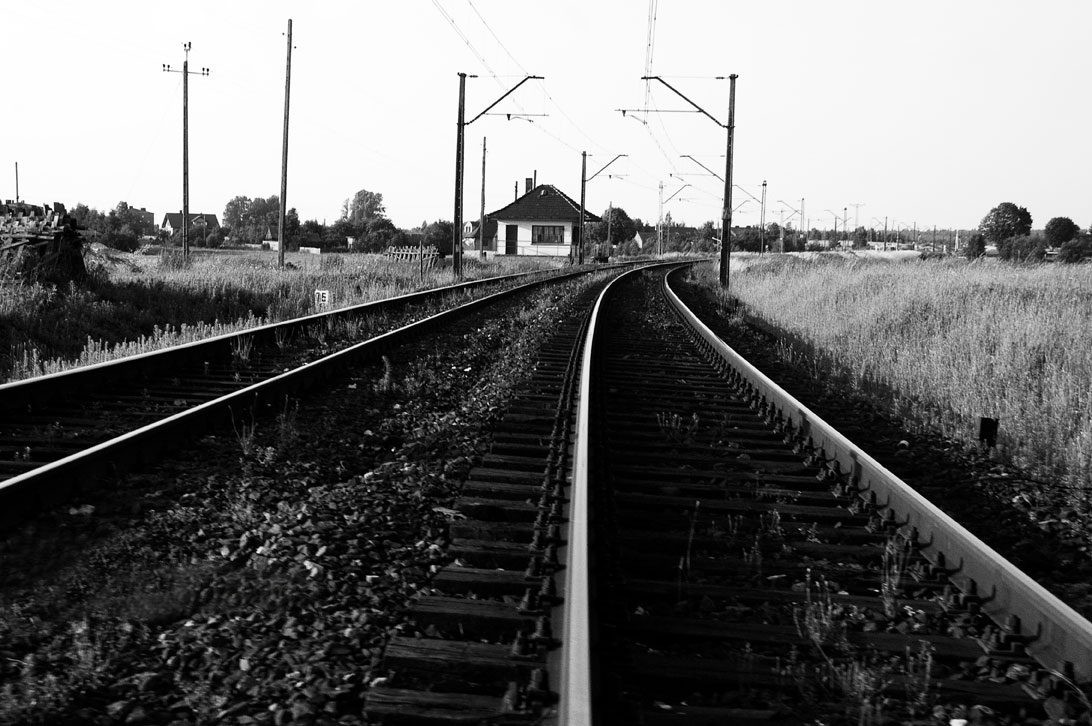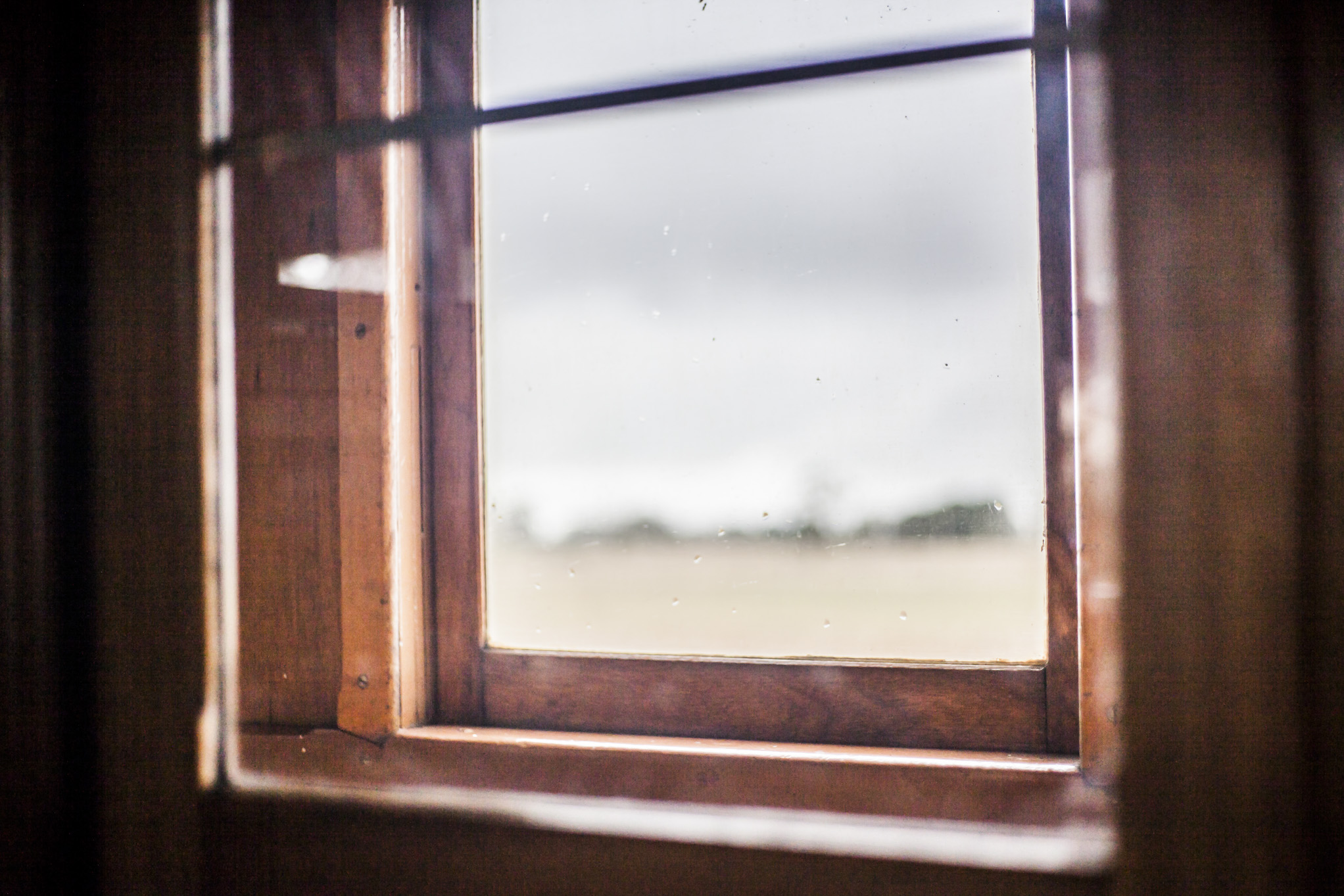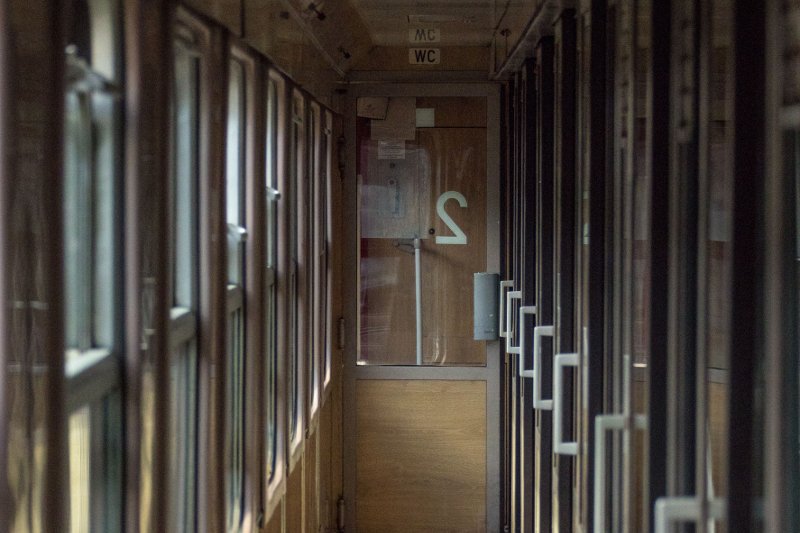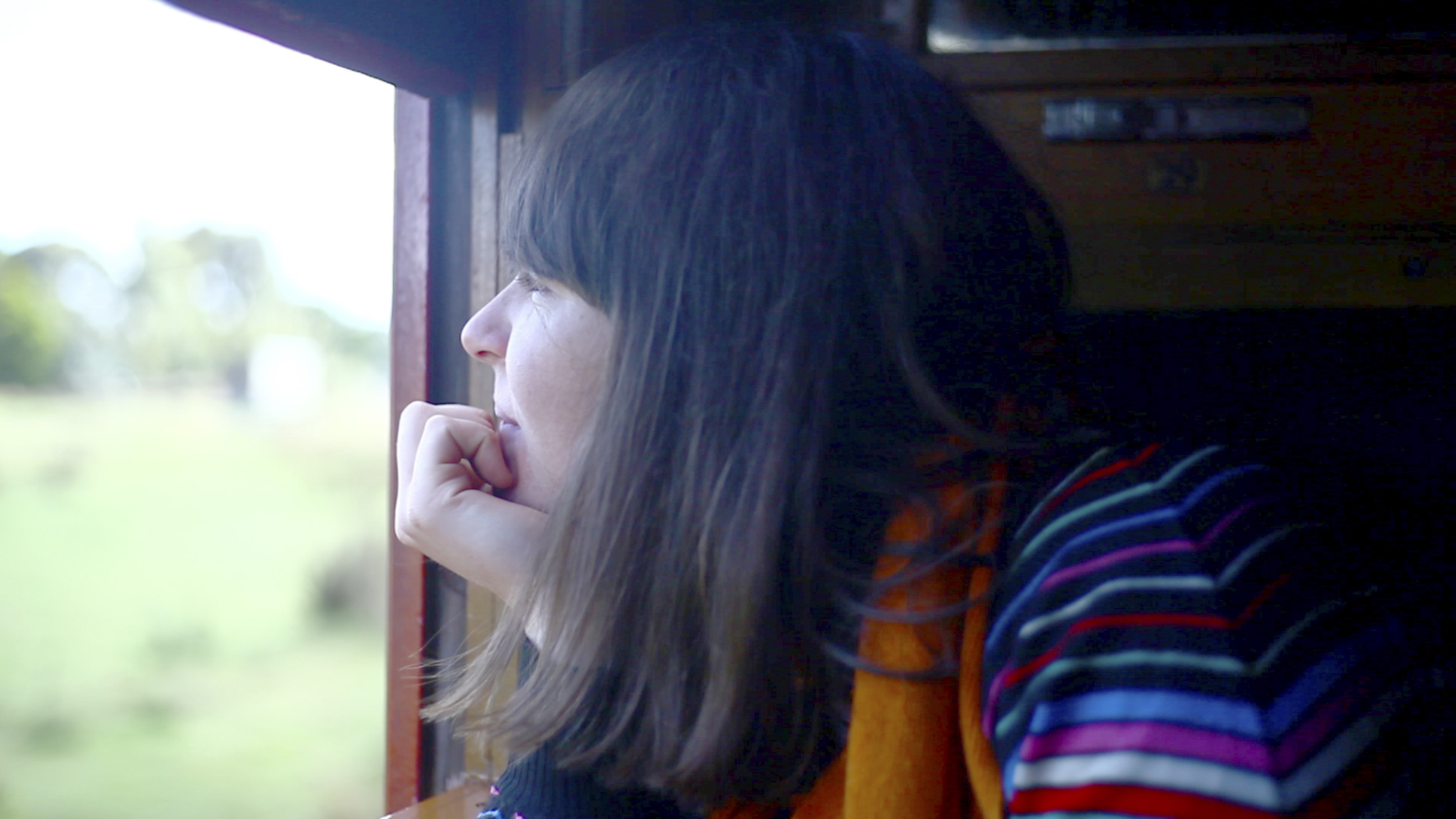Philosophy of train trips. If there is a greater thrill of travelling than the discovery of unknown places, for me it is always getting there by train. Gazing out the window or reading, swaying to the gentle clanking rhythm, soothing those parts I neglect and miss.
The moment I step off the train inside Ballarat station – central railway station in a Victorian city 100kms west from Melbourne – I feel a familiar pang of excitement. My heart flutters, my pulse beats harder, and I see the Victorian Goldfields architecture of Lydiard Street North, the winding curve of a small street along the train tracks, and the steady, flowing movement of cars and everyday commuters. This is how I imagine what will happen. I will have a coffee with a friend I haven’t seen for a long time, and I will visit my own home and garden, where I haven’t been since the start of the lockdown 2.0. I am inexplicably happy.
But train trips weren’t always that exciting. 15 years ago, aged 29, I would leave home at 7.30am and walk along Kingsland Rd, Hoxton. The moment I stepped inside Liverpool Street station – London’s central-east railway station – my daily dread would begin. Underneath the beautifully designed station with a glass arched roof, there is the sound of hundreds of footsteps, high heels clacking and wheeled suitcases scratching the shiny surface of the tiled floor. I am not here to meet and greet a long-lost friend, to rendezvous with a lover, or to embark on an exhilarating journey. I am here to take a routine, 45 mins Central Line metro train ride to Notting Hill, where I work. It is 2006.
My own love affair with train trips began a long time ago, in my native village of Bieżeń, Poland, while I was still in primary school.


Bieżeń lies on the Chorzów Batory – Tczew – Railway Line nr 131 in Poland, connecting Upper Silesian, Częstochowa Industrial District oraz Rybnik Coal District with railway junction in Tczew, and further north near the Baltic sea, the ports of Gdańsk and Gdynia. Passenger trains used to travel on these lines, though now it is mostly freight trains, carrying loads of coal and minerals, dug up from the mines.
Every summer from the age of 8 or 9, I would spend many days in a budka dróżnika – a small railway house. Here, a local woman called Marysia worked her shifts, manually opening and closing the boom gates located hundreds of metres away, with the help of a wheel crank. The job carried a lot of responsibility – if you got the train traffic information wrong and kept the boom gates open at the wrong time, people could be killed as the freight trains had no time to stop.

How did I end up being there?
I don’t quite remember how old I was, as memories of childhood are often elusive and incomplete. Perhaps while we were harvesting wheat or potatoes I strayed from our fields and ventured to the budka dróżnika for the first time… Or perhaps it was through my aunt’s friendship with Marysia, who let me stay in the budka on condition that I help her with her daily duties, like carrying heavy buckets of coal or sweeping the dusty floorboards. I was able to come and go as I pleased, always lending a hand, then sitting down to drink black tea with Marysia as coal trains rushed past our noses, causing the whole budka to shake and shudder.
Trains are made for meditation
It was an unusual and unforgettable way to spend my summer holidays. What I loved the most was Marysia’s kindness and generosity. I learnt very quickly that I could trust her. She never did or said anything to undermine me, even though I was just a child. Marysia understood my imagination and my need for searching, and she let me do it right there and then. It was there that I first spoke on the telephone to someone other than my parents (back then, the only landline in our village was in that little railway house, with no access to the general public).
Those days spent with Marysia in the budka were full of new learnings and observations of her daily work life. One day she asked me to call a railway station in the next town, to check the arrival time of the next train, so we would know when to close the gates. It was a daunting task – I was way out of my comfort zone – but I made the call. With the gates safely closed, Marysia took me onto the narrow verandah that ran between the budka and the tracks, and… Whoosh! The massive freight train thundered past, hurling dust and dirt in my face, while I held tightly to the steel rails and screamed my heart out from exhilarating happiness.
If you like travel, you know it’s not just about the destination

In contemplation, as in travel, we construct ourselves. Our everyday diversions temporarily suspended, and with scenery providing the backdrop so essential to introspection, we find the time to reflect. Landscapes passing my window on a V/Line between Ballarat and Melbourne bring memories of other train rides – on the express Intercity train from Warsaw to Czestochowa that I take when I return to my native country. Or train trips we used to take going on school trips to the mountains, or to the seaside, in PKP carriages divided into compartments, with people reading, chatting, secretly drinking, sleeping. In these tiny compartments you were always knocking knees and elbows with your fellow passengers. Your company in this constructed social space was mostly friendly and civil, depending on your luck.
And while other forms of transport take away from this process, either by their utter discomfort (economy class planes) or considerable effort (driving), trains inspire it. ‘You are part of the constant process of the breaking and making of links, which is an element in the constitution of you yourself,’ writes Doreen Massey in For Space (2005). A long forgotten luxury in Australian contemporary society that moves with the speed of a viral meme, this process of assembling ourselves has space to spark, germinate and unravel – but only on a train.
Today, October 19 2020, the lockdown and movement restrictions has just relaxed from midnight last night, and I cannot wait to my next train journey, even if it’s just to Melbourne CBD within allowed 25kms.



0 Thoughts on Philosophy of train trips